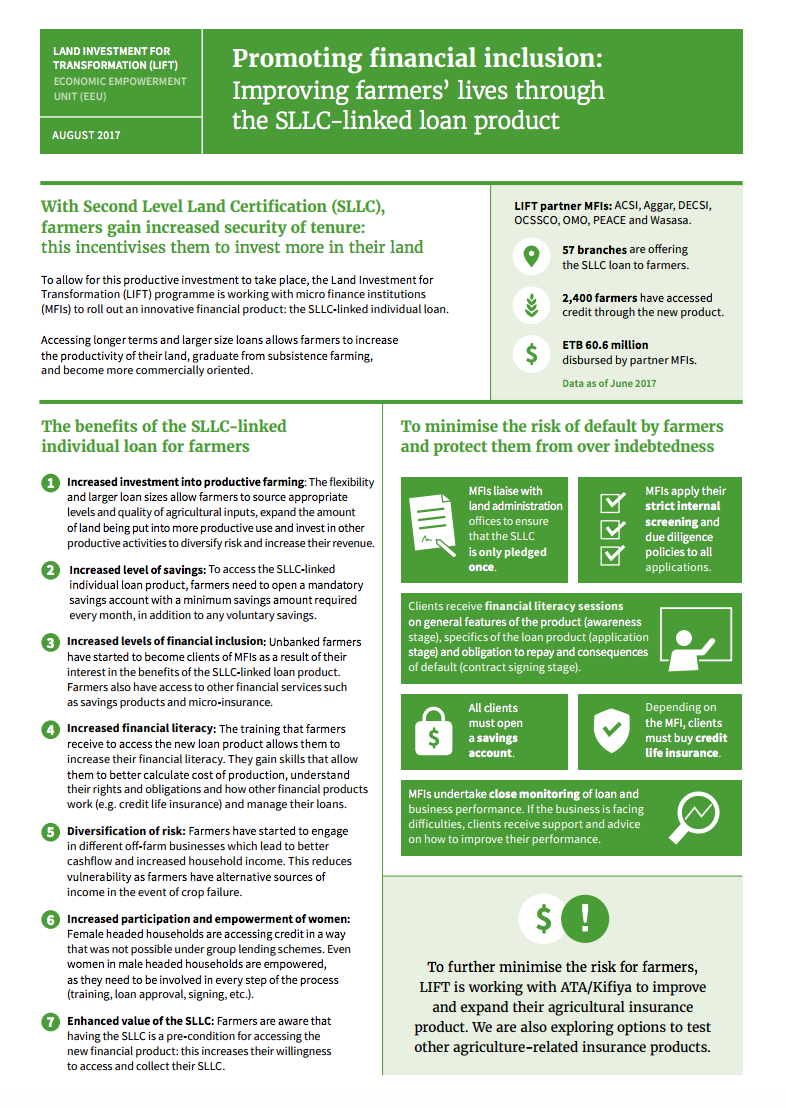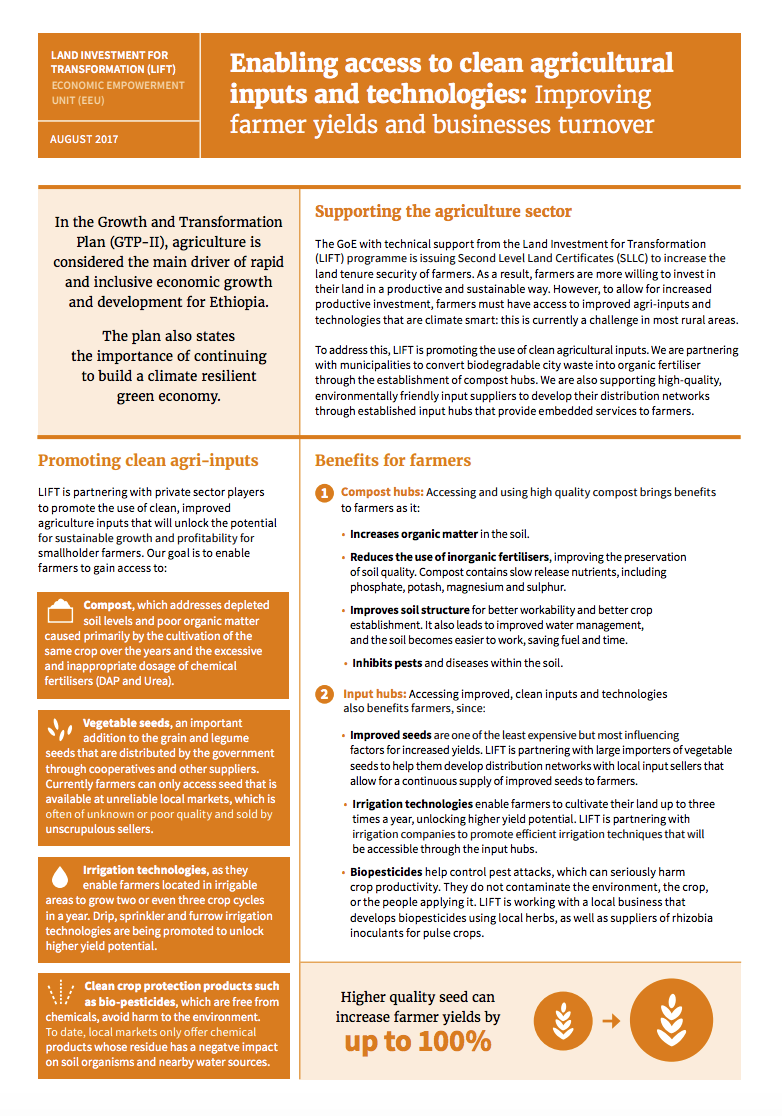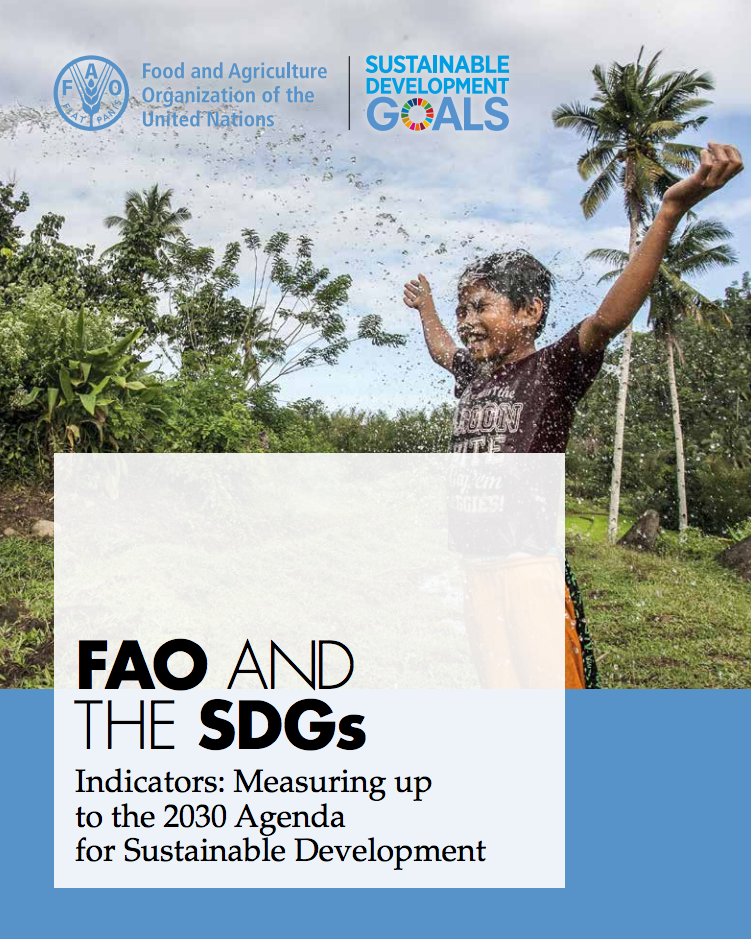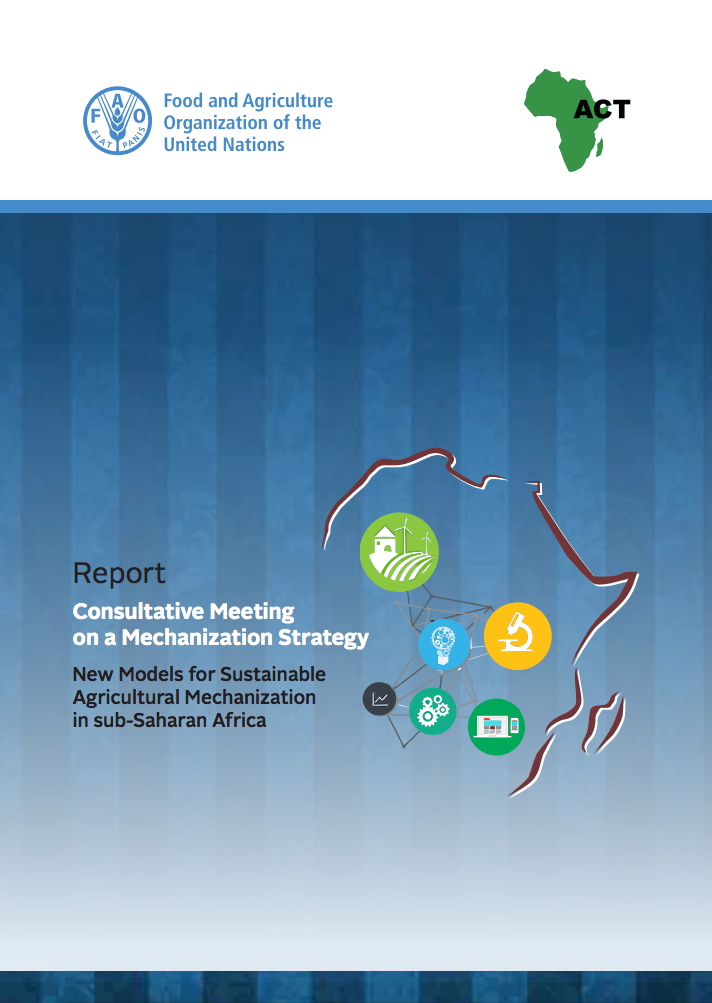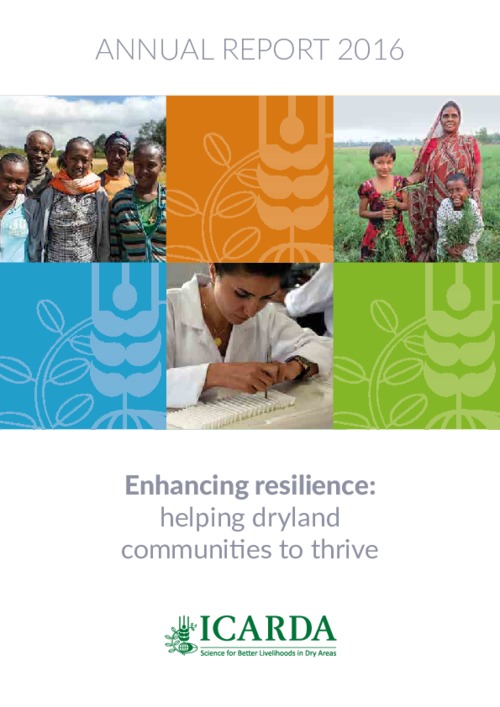Promoting financial inclusion
With Second Level Land Certification (SLLC), farmers gain increased security of tenure: this incentivises them to invest more in their land.
To allow for this productive investment to take place, the Land Investment for Transformation (LIFT) programme is working with micro finance institutions (MFIs) to roll out an innovative financial product: the SLLC-linked individual loan.
Accessing longer terms and larger size loans allows farmers to increase the productivity of their land, graduate from subsistence farming, and become more commercially oriented.

